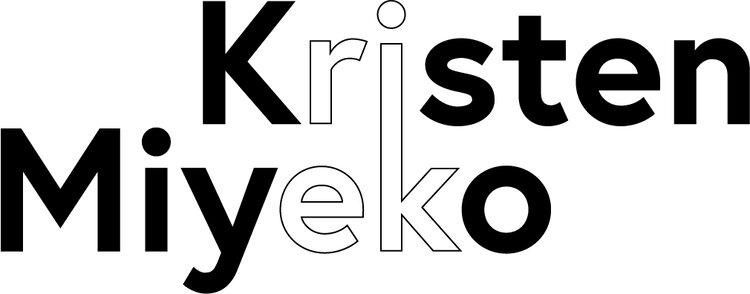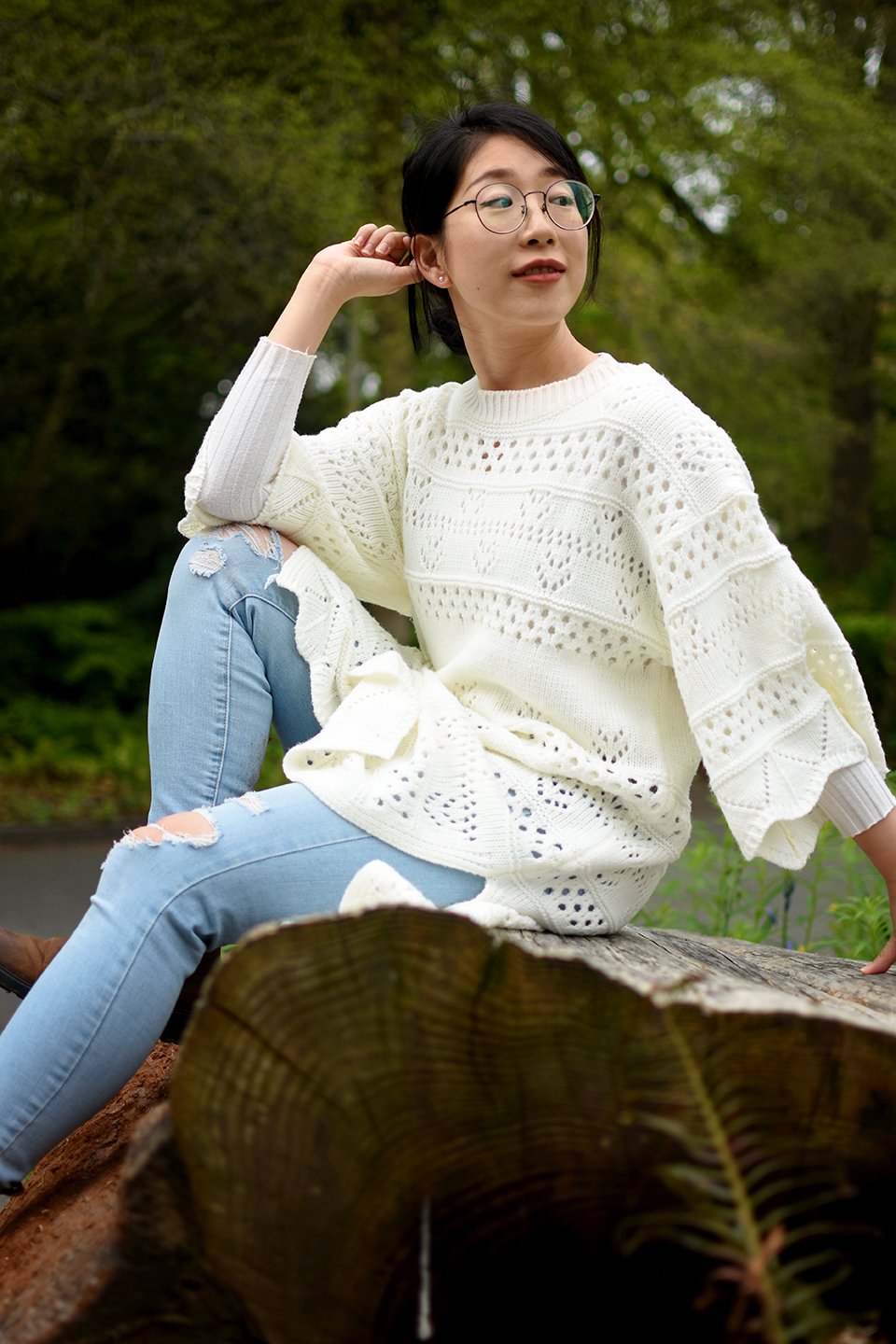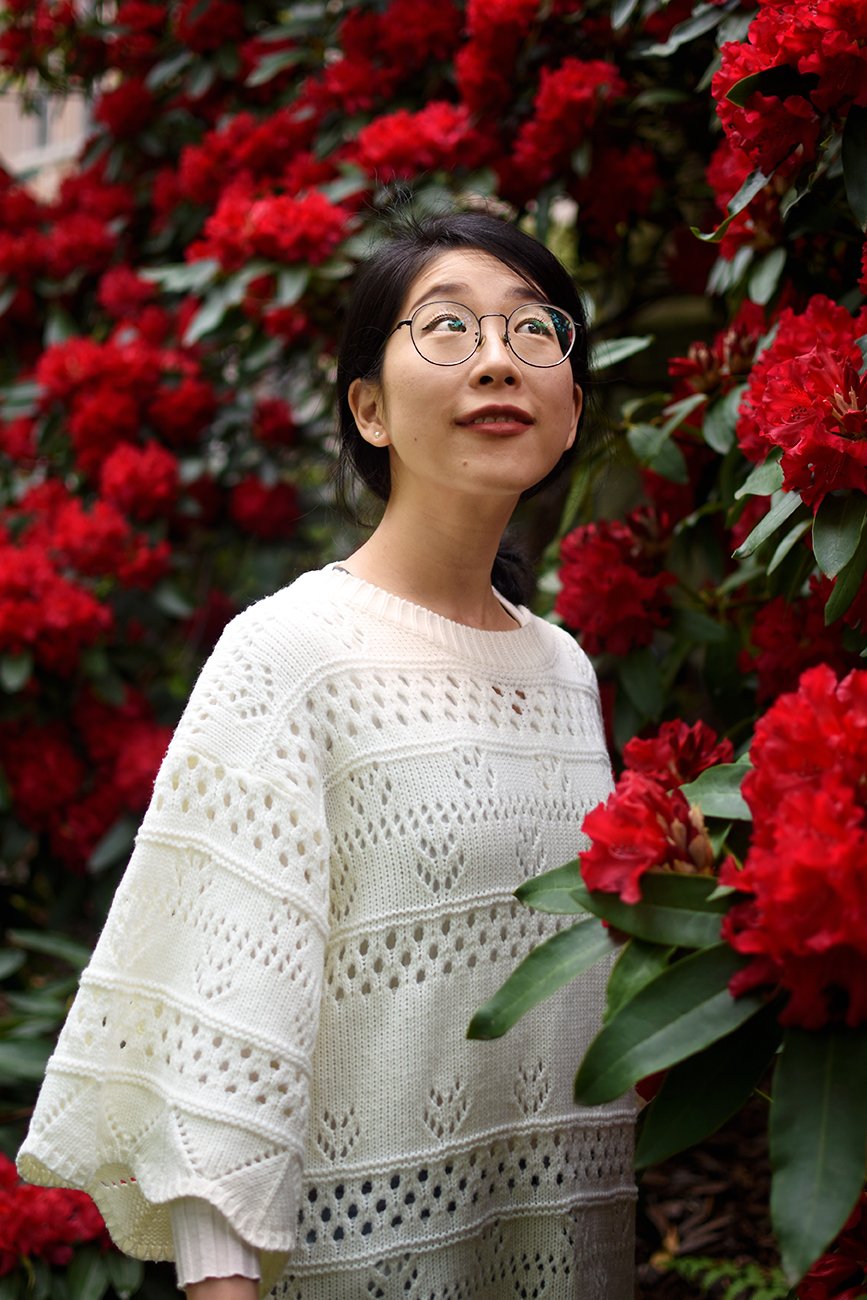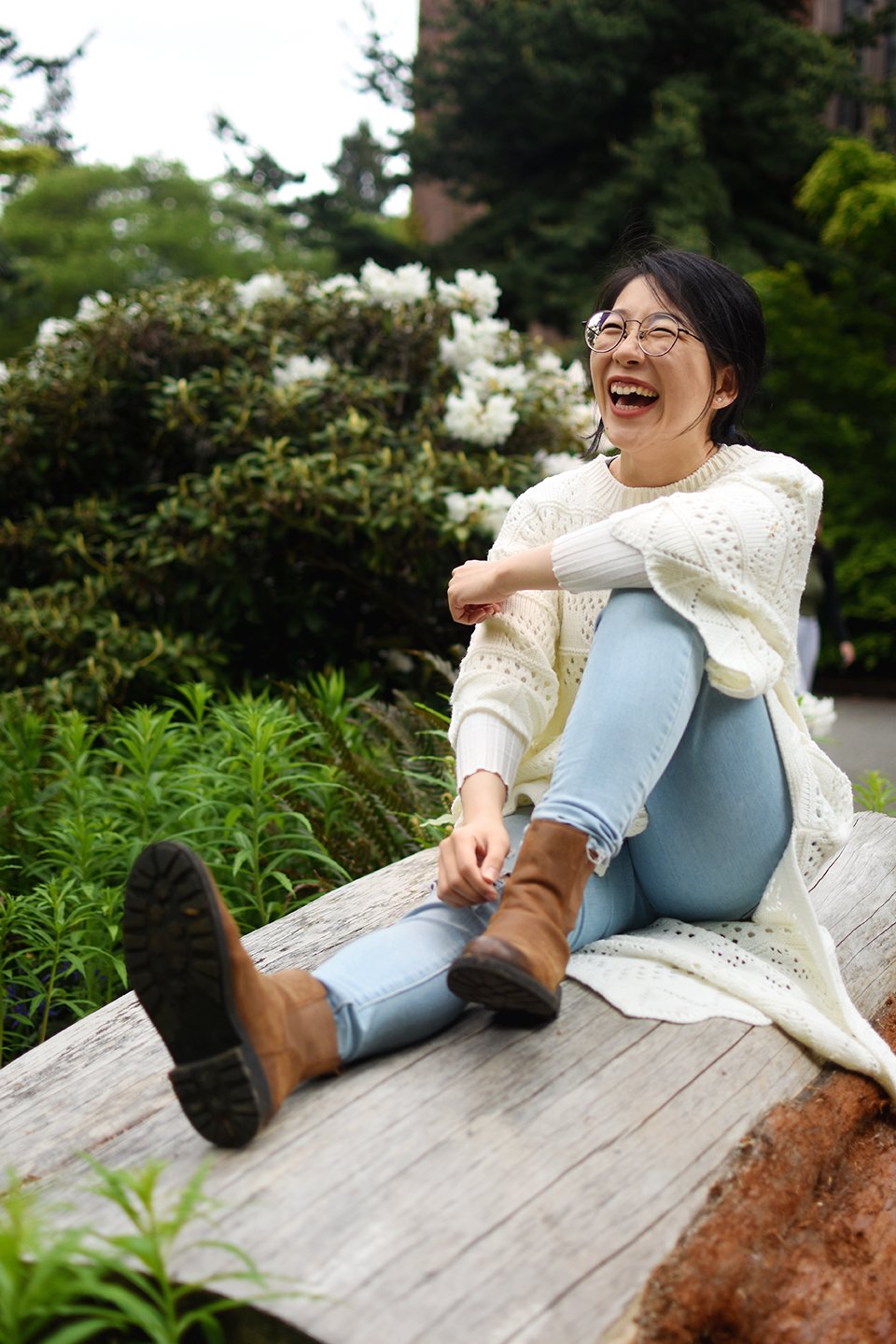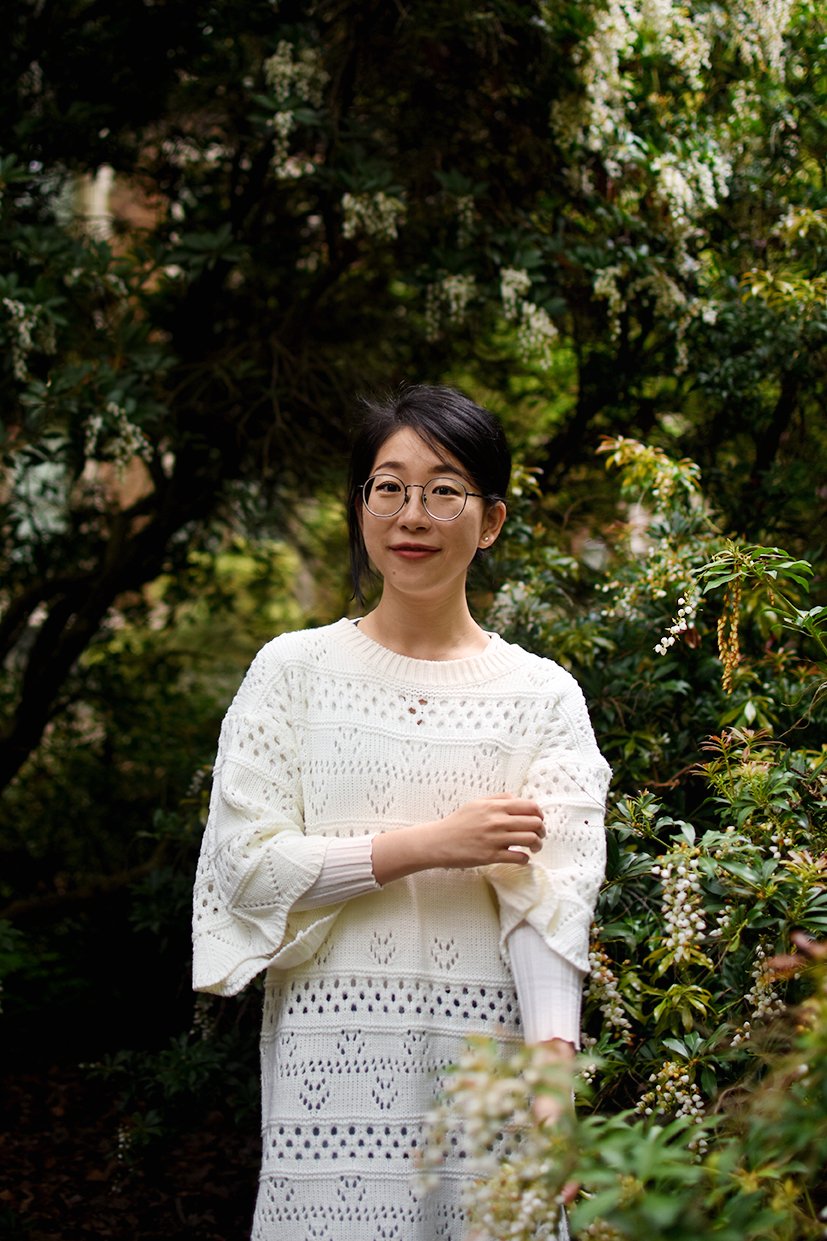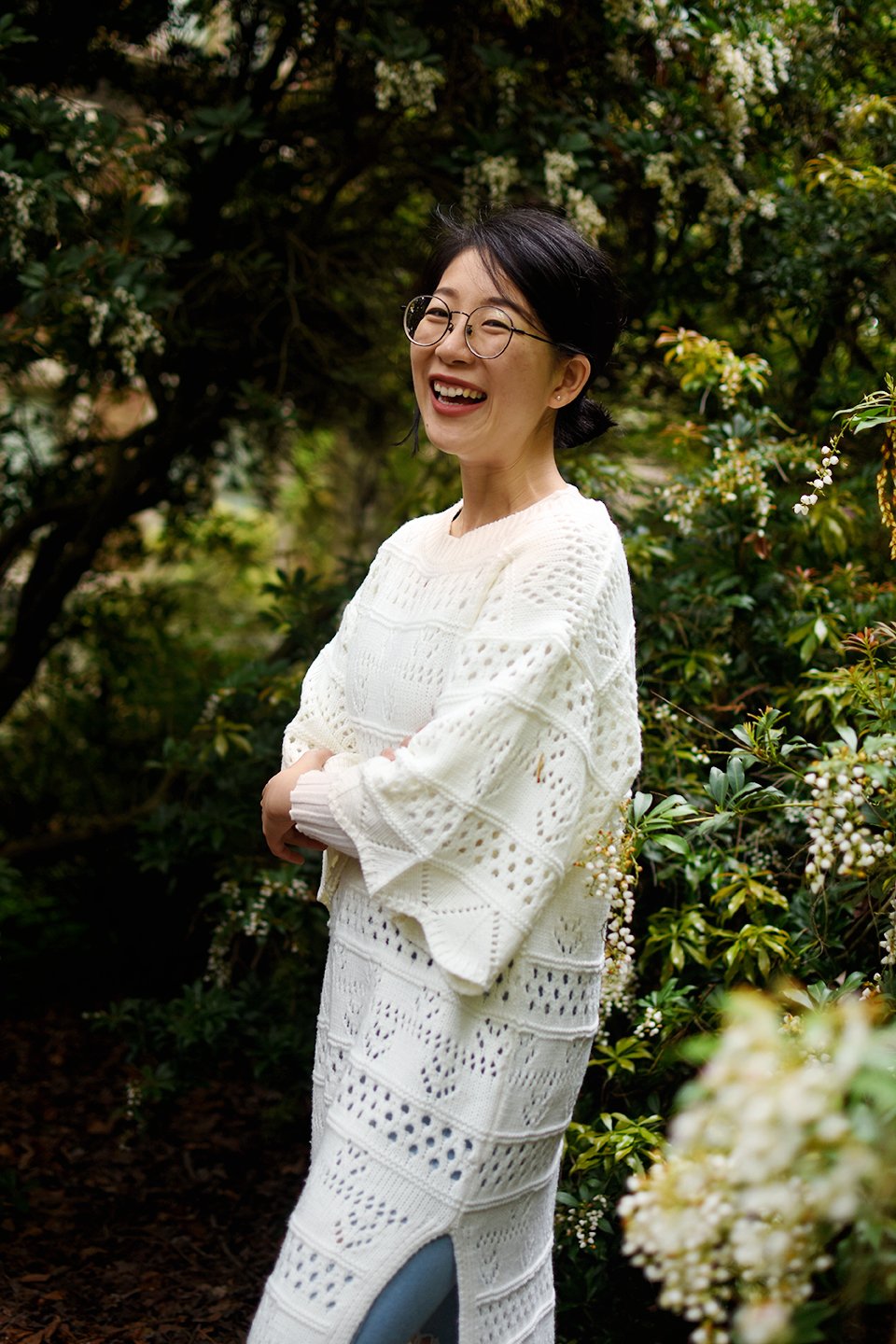How does your culture shape your perception of strength? I am Chinese. In Chinese culture, Confucianism, Daoism and Buddhism are important philosophical thoughts have great impact on me. Chinese culture emphasizes the importance of filial piety, responsibility, perseverance, and humility. I think these values have shaped the mindset and behavior of many Chinese individuals, influencing how we approach challenges and interact with others in their personal and professional lives. Also, the concept of living in harmony with oneself, others and the nature helped me to foster a sense of inner strength and resilience. By focusing on cultivating inner peace and contentment, I am able to develop the ability to face challenges and adversity with greater equanimity and grace.
What keeps you strong in times of trial? My curiosity towards the world is what keeps me engaged and interested in life. Even during challenging times, I try to remain curious about the world and the people around me. I seek out new experiences and try to learn from them, which helps me to stay motivated and engaged. This curiosity also helps me to maintain perspective during difficult times, as I remind myself that there is a vast world beyond my current struggles.
To me, trying new things can always be a powerful way to help me build resilience and strength. Whether it's a new dish, a new skill, or a new way of thinking about the world, exploring the unknown can help to challenge my limitations and expand my capabilities and possibilities. How to find and maintain strength varies from person to person, and I am just lucky that have already discover what works best for me.
How can you be strong and vulnerable? To be honest, I cry a lot. I always remain high energy and at the same time I can always feel vulnerable. For me, crying is a way to release my emotions and process my feelings. I cry a lot at home and allow myself to feel whatever emotions come up, whether it's sadness, frustration, or even joy. However, I don't let those emotions consume me or define me.
After the emotion has passed, I am able to pick myself up and continue on with my day. I don't let my emotions hold me back or prevent me from taking action. I also have a sense of humor and can easily laugh at myself, which helps me to not take things too seriously and keep a positive outlook. I think being vulnerable is part of your strength. Because you need to be honest about your feelings, and being willing to express them to yourself or others. It requires a level of emotional courage and authenticity. I am a person who is easy to cry and easy to laugh, and I find that by allowing myself to be vulnerable, I am able to cultivate a sense of inner strength and self-awareness that helps me navigate life's challenges with more ease.
How do you encourage other women to be strong? 4 years ago, I started a public channel on WeChat to write and promote articles about successful female role models to motivate young Chinese women to pursue their career goals. I personally reached out and interviewed 30+ accomplished women from diverse industries, and published over 100,000 words of article content, attracting half a million views and comments. My interviewees included a female translator from China’s Foreign Affairs Office, an associate NYU Shanghai professor, and a famous tea master dedicated to cultural inclusion. I felt honored and privileged to help share inspirational stories that showcased women’s strength, talent, and ability to achieve their dreams. (Currently I paused the writing for my MBA study, but I will resume after my graduation.) I would also like to mention a 15-year-old girl, Shanshan, from Southeast China, who dropped out of middle school because of poverty. I learned about her during an author interview and immediately reached out to help. Shanshan was forced to quit because her father wanted her to start working to provide for the family. Now, it has been 4 years since I first began sponsoring Shanshan in 2019. We write letters from time to time, and I can feel her joy from her sharing of little things from her school life. Seeing her succeed constantly refreshes my motivation to fight for women’s equality.
Ni’s Intentional Act of Kindness
How did you use the $100? I donated $100 to support a fifth-grade student at the Reshuitang Elementary School in Yunnan Province, China. After her father's death and her mother's recent passing, she, her younger sister, and her younger brother are now living with their elderly grandparents. I wanted to alleviate some of her family financial burden and support her education. Having supported girls in Yunnan Province for several years, I am well aware of the challenges faced by underprivileged families in ensuring their children's education. In my recent efforts, I contacted the school principal to identify other students in need of assistance. By directly donating $100 to a family like this, we can offer immediate financial relief and, more importantly, inspire the girl to strive even harder. This support instills hope, demonstrating that there are caring individuals who believe in her potential and are invested in her future success.
What was the 'Intentional Act of Kindness' process like for you? Engaging in intentional acts of kindness has been a deeply meaningful experience for me. When I embarked on my MBA journey, my primary focus was centered on myself. However, engaging in intentional acts of kindness once again reminds me of my life's purpose, which is to contribute positively to the world and strive to become a better person. This action begins with being mindful and observant of the needs and struggles of others. This awareness fuels my desire to make a positive impact in their lives.
